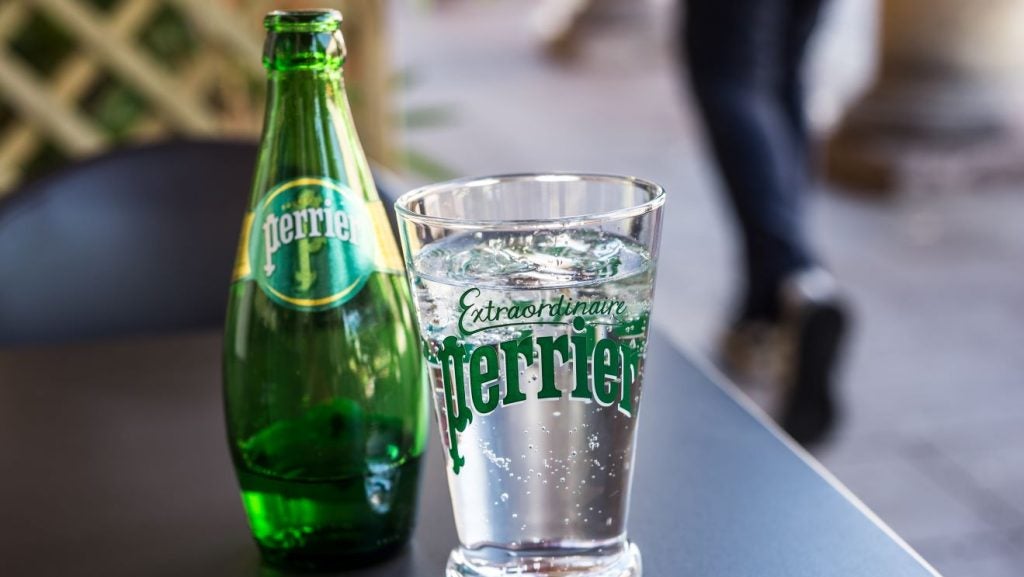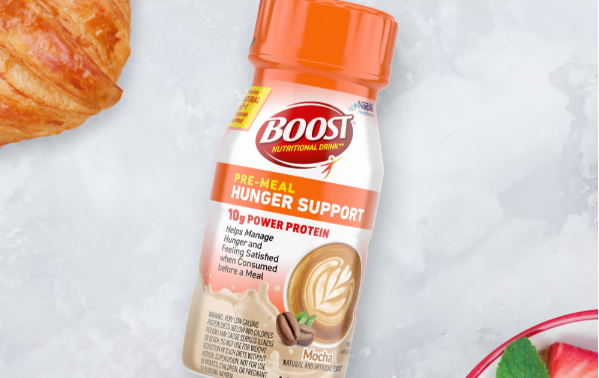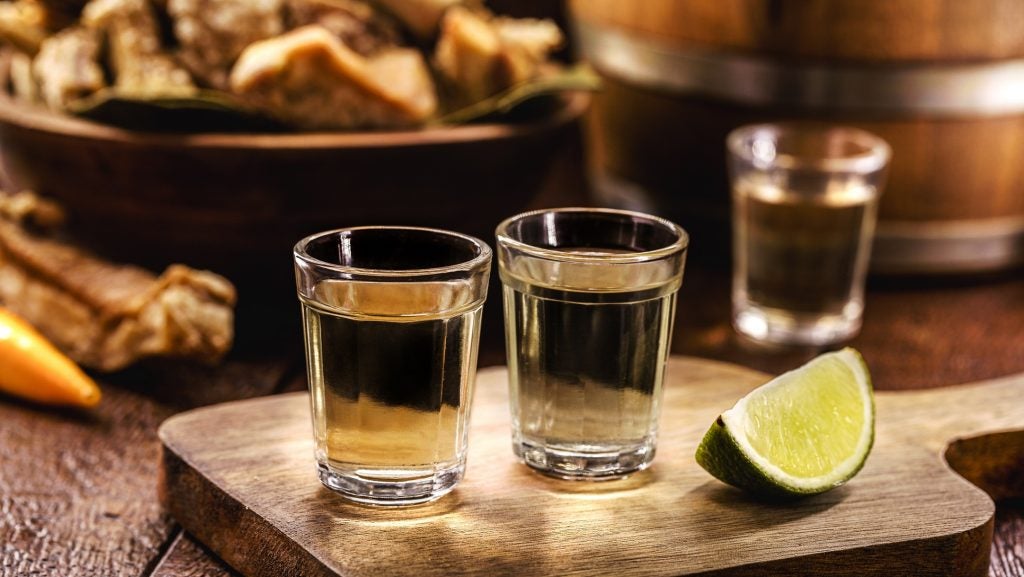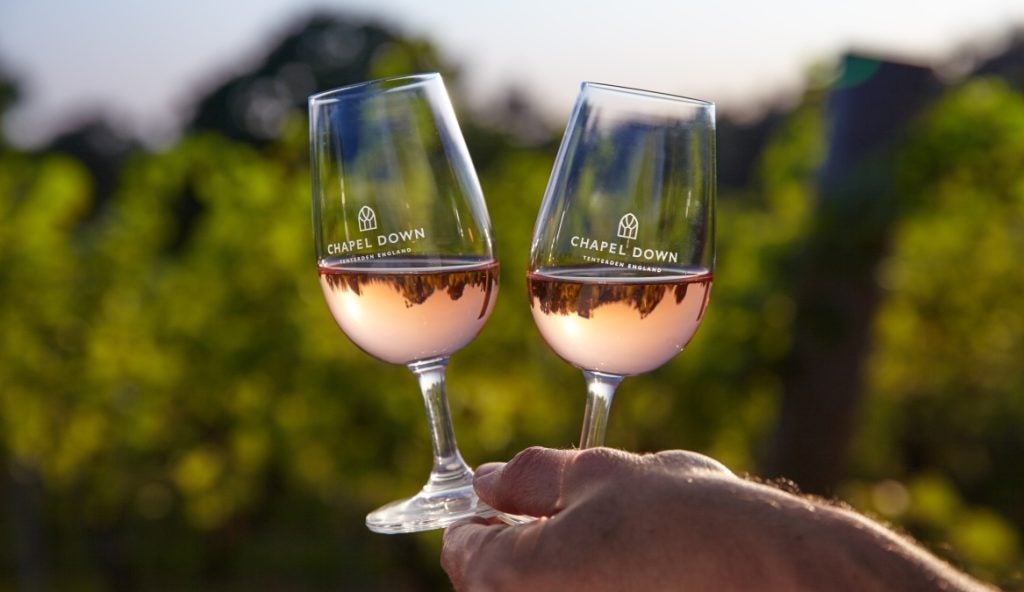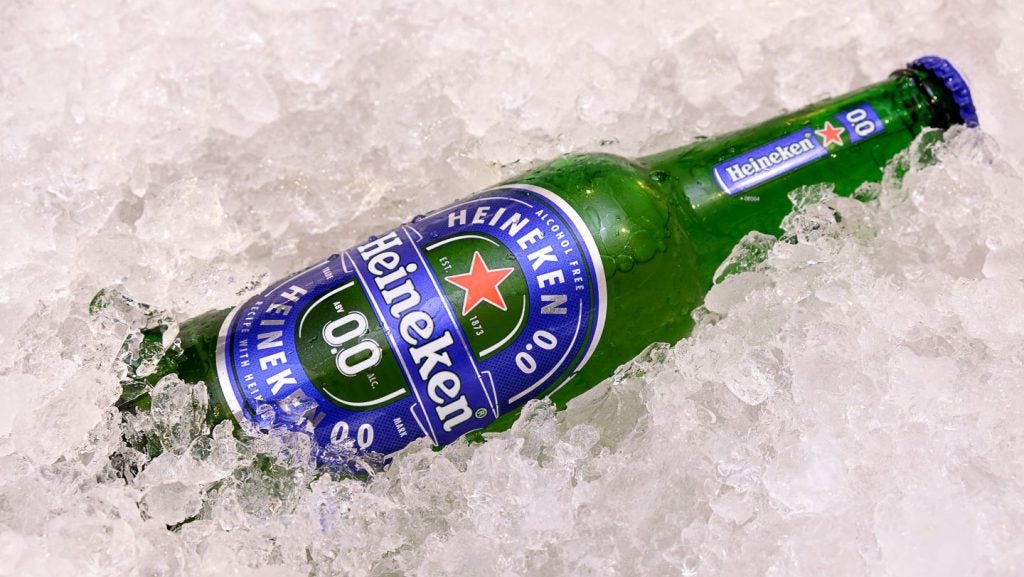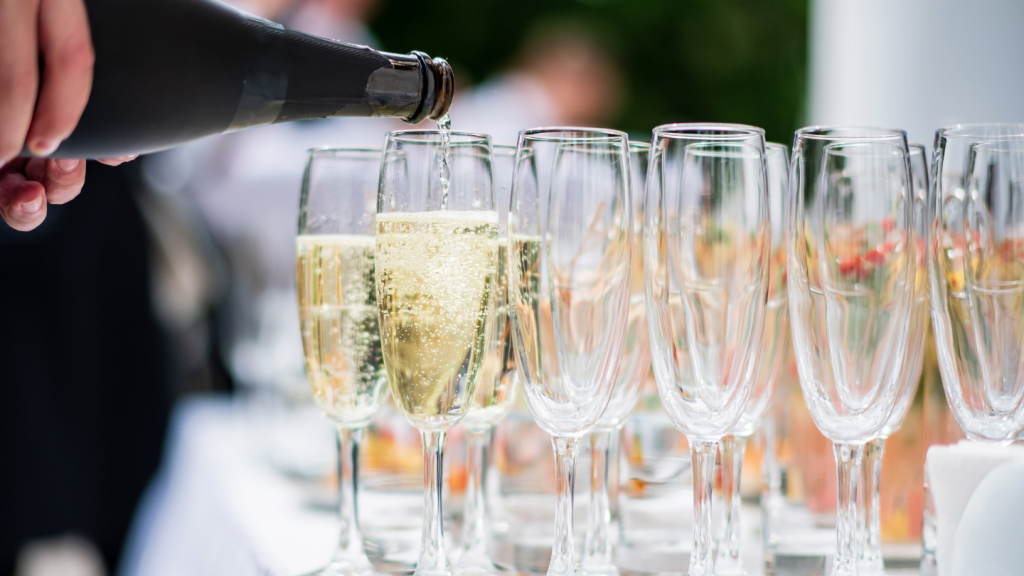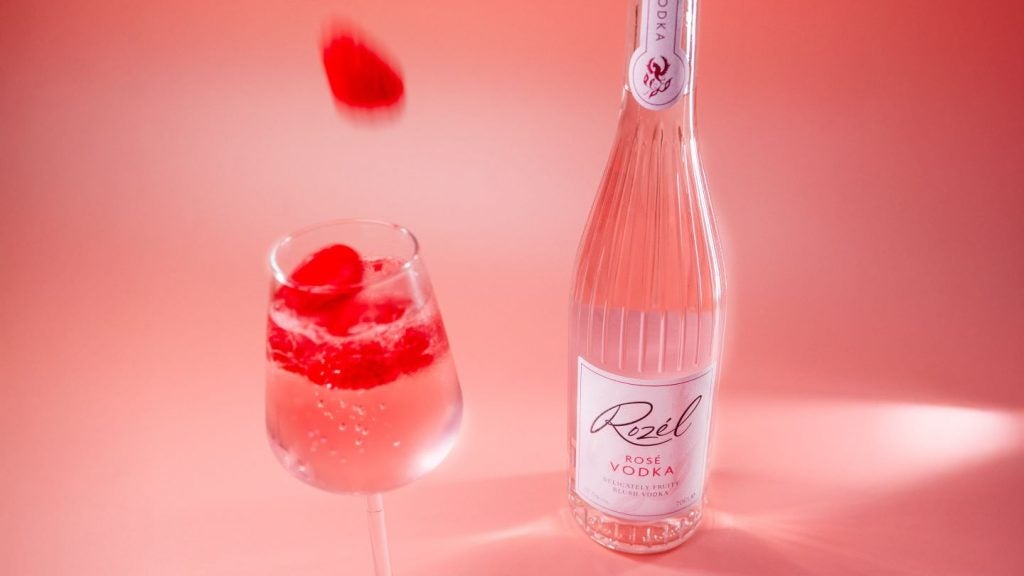Nestlé's waters division should consider ending production at its Vergèze site due to health risks, according to a confidential report from the regional health agency Agence Régional de Santé Occitanie (ARS).
The report, viewed by Le Monde and Radio France, allegedly recommended "stopping production of mineral water at the Vergèze site" in the south of France.
The review, completed in August by ARS after its probe of the site in May, said the company should consider halting production due to health risks from the worsening state of water catchments, which could pose virological risks.
The ARS reportedly recommended the group should "consider strategically another possible food use for the current mineral water catchments" if "additional health and safety guarantees" are put in place.
Responding to the story, the Vittel maker said the assessment was "a preliminary administrative report, which has since been supplemented by the technical clarifications provided by Nestlé Waters regarding all the points raised".
The document "does not constitute a definitive recommendation on the operating conditions of our mineral water site in Vergèze", it said.
Nestlé added that the findings did "not call into question the food safety of our bottled waters", adding: "All waters produced by Nestlé Waters, including under the Perrier brand, can be consumed safely.
"Furthermore, as part of this report, the mission acknowledged the measures implemented by Nestlé Waters in its water quality management system, which includes an enhanced quality control procedure to continue ensuring the food safety of our products under all circumstances."
Nestlé's water business in France has seen a turbulent year. In April, the Swiss food and drink giant suspended a well at its Vergèze site, which is used to supply Perrier bottled water, as a result of contamination.
This resulted in the company having to throw away “several batches” of Perrier water. A spokesperson told Just Drinks at the time all products delivered to customers and available on-shelf were safe to drink.
Reports at the time from Le Monde also indicated that faecal bacteria was found in the well.
Le Monde, citing French news agency Agence France-Presse (AFP), said local government officials had granted Nestlé a formal notice to “immediately suspend” operations at the water site, which had been contaminated since 10 March 2024.
Reports then emerged in June claiming Nestlé had suspended production at two water wells for disinfection.
While Le Monde and Radio France reported the closure had meant the company was falling short of volumes needed to produce one-litre bottles, the company said production of the one-litre products had not stopped.
Just Drinks has asked Nestlé whether production is still suspended at the two wells in Vergèze.
Concerns have been raised over the quality of the Hépar manufacturer's water in France since October 2023, when the national food safety watchdog, the Agency for Food, Environmental and Occupational Health and Safety (ANSES), notified the country’s government of its doubts over the quality of Nestlé’s mineral water.
In a statement sent to Just Drinks in April, ANSES said its assessment “attests to an insufficient level of confidence” in the quality of the water.
Following its assessment, the agency recommended the health ministry agency, direction générale de la santé (DGS), initiate a “reinforced surveillance plan” to look into “exploited water resources” and monitor potential “microbiological indicators… especially those relating to viruses”.
In January, Nestlé admitted it had breached French laws around how bottled water is treated against contamination.
Le Monde at the time said Nestlé had reportedly used disinfectants “due to sporadic bacterial or chemical contamination”.
In France however, it is illegal to use purification techniques on products labelled as ‘spring’ or ‘mineral’ water, as they are supposed to come from preserved underground resources and should be safe to drink when they emerge from the well, Le Monde reported.
Responding at the time in a statement, Nestlé said it has used “microfiltration at [its] Waters sites at a finer level than was previously recognised by the French authorities”.
“We have also used activated carbon filters and ultraviolet systems which, though permitted by other jurisdictions, are not in line with applicable French natural mineral water regulations,” Nestlé added.


